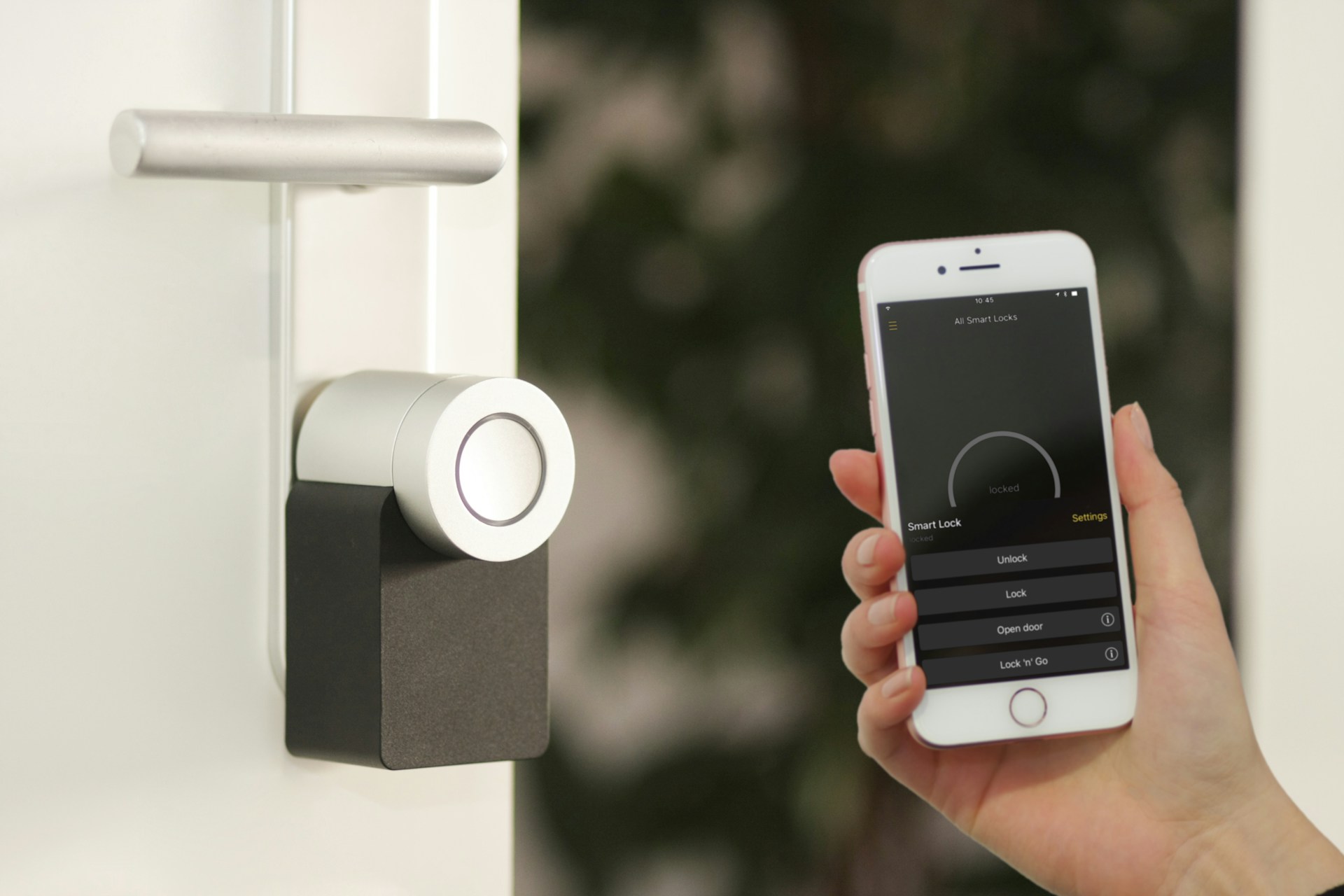If you’ve ever shopped around for a VPN, you’ve probably seen the phrase “zero logs” or “no logs policy” plastered all over their websites. It sounds good — like your online activity will disappear into thin air the second you close your browser.
But what does “zero logs” actually mean? Is it just a marketing buzzword, or is it something that can make a real difference for your privacy? And more importantly — can you really trust a VPN that claims it doesn’t keep logs?
Let’s break it down, minus the hype.
Image Credit: Unsplash under Creative Commons
First Things First — What Are VPN Logs?
A VPN’s job is to encrypt your internet traffic and route it through its servers so no one — not your ISP, not hackers, not that nosy coffee shop Wi-Fi owner — can see what you’re doing.
But as with any online service, there’s always some kind of record of what’s happening. Those records are called logs. Depending on the VPN, these logs can include:
-
Connection logs — timestamps of when you connected, how long you stayed connected, and sometimes your IP address.
-
Usage logs — the actual websites you visited, the data you sent, the files you downloaded.
Now, a VPN with usage logs is basically pointless for privacy — they can see exactly what you’re doing. A VPN with only minimal connection logs is more common, but even that can raise privacy concerns.
What Does “Zero-Log” Actually Mean?
A zero-log VPN (or no-logs VPN) claims it does not keep any logs that could identify you or track your online activity.
This typically means:
-
No records of browsing history.
-
No IP address logs.
-
No timestamps linked to your account.
-
No bandwidth usage tracking tied to a specific user.
In theory, even if someone served the VPN company with a legal request, there would be nothing to hand over — because nothing was kept in the first place.
Why This Matters for Privacy
Think about why you use a VPN in the first place — it’s probably one or more of these:
-
Hide your IP address from websites and trackers.
-
Prevent your ISP from logging your online activity.
-
Protect yourself on public Wi-Fi.
-
Access content from other countries.
If your VPN is keeping logs, it can potentially recreate your entire browsing history if asked. That means:
-
Governments can subpoena the records.
-
Hackers (in the event of a breach) could get hold of sensitive data.
-
The VPN itself could misuse your data.
A zero-log policy, when enforced properly, eliminates this risk — because the data simply doesn’t exist.
The “Trust Factor”
Here’s the tricky part: A VPN can claim “zero logs” all day long, but you have to trust that they’re telling the truth.
The VPN industry isn’t heavily regulated, and terms like “no logs” are not legally defined in most countries. This means:
-
Some VPNs use the term loosely (they might not log browsing activity, but still log IPs and timestamps).
-
Others genuinely don’t log anything, but you only have their word for it.
This is why independent audits and real-world court cases can be important signs of a VPN’s trustworthiness.
Signs a VPN Really Practices Zero Logging
Not every “zero-log” VPN is created equal, but here are some signs you’re looking at a genuine one:
-
Independent Third-Party Audit
A credible security firm examines their servers and confirms no logs are kept. -
Transparent Privacy Policy
The wording clearly explains what data they do and don’t collect — without vague legal speak. -
No Past Data Breaches with Logs Found
If they’ve been hacked before and no logs surfaced, that’s a good sign. -
Proven in Court
Some VPNs have been involved in legal cases where they genuinely had nothing to hand over.
Famous Real-World Examples
-
ExpressVPN (British Virgin Islands) – Faced a server seizure by authorities in Turkey in 2017. No logs were found.
-
Private Internet Access (USA) – In multiple court cases, they’ve stated they couldn’t produce logs because they didn’t have any.
-
NordVPN – Underwent several independent audits to verify their no-logs claims.
These cases show it’s possible for a zero-log policy to hold up under pressure — but again, it comes down to picking the right provider.
Why Some VPNs Still Keep Logs
You might wonder — why wouldn’t every VPN just be zero-log? Well, here are some reasons:
-
Performance Monitoring — Some keep temporary connection logs to troubleshoot issues.
-
Legal Compliance — VPNs based in certain countries are required to keep some form of user data.
-
Marketing or Business Analytics — Usage stats can help them improve the service or sell more features.
Some providers delete logs after a short period (24 hours, for example) — which is better than keeping them indefinitely, but still not truly zero-log.
How to Check if Your VPN is Truly Zero-Log
While you can’t peek into their servers yourself, here’s a checklist:
-
Read the Privacy Policy Carefully
Look for exact wording. “We don’t log your browsing activity” isn’t the same as “We don’t log anything.” -
Research Independent Reviews & Tests
Reputable tech publications often verify VPN claims. -
Look for Jurisdiction
A VPN based in a privacy-friendly country (like Panama, British Virgin Islands, or Switzerland) is less likely to be forced to log data. -
Check for Audits
Audit reports by trusted firms like PwC or Cure53 add credibility.
Zero-Log Doesn’t Mean Zero Footprint
One thing to keep in mind: even with a zero-log VPN, you’re not invisible. Websites can still use cookies and fingerprinting techniques to track you. Your ISP can still see that you’re connected to a VPN (just not what you’re doing on it).
So, a zero-log policy is a huge step for privacy, but it’s not a magical invisibility cloak. Pair it with good browsing habits, private search engines, and tracker blockers for the best results.
Potential Downsides of Zero-Log VPNs
It’s worth mentioning — a zero-log VPN can sometimes make certain things harder:
-
If you have a technical issue, they can’t look at usage data to troubleshoot.
-
If you forget your login details or lose access, account recovery might be more complicated.
-
Some services that use anti-fraud systems (like banking sites) might flag unusual activity, and your VPN won’t have logs to help explain it.
For most privacy-focused users, these are small trade-offs compared to the benefit of knowing there’s no record of their activity.
Final Thoughts
A zero-log VPN is one of the strongest privacy tools you can use — but only if the provider is actually living up to its promise. In an industry full of flashy marketing, the real test is in audits, legal cases, and transparency.
When done right, zero logging means that even if someone wanted your online history, it wouldn’t exist anywhere to be handed over. That’s peace of mind you can’t put a price on.
Just remember: your VPN is only one part of the privacy puzzle. Combine it with good digital hygiene, and you’ll be in a far better position than most internet users.






